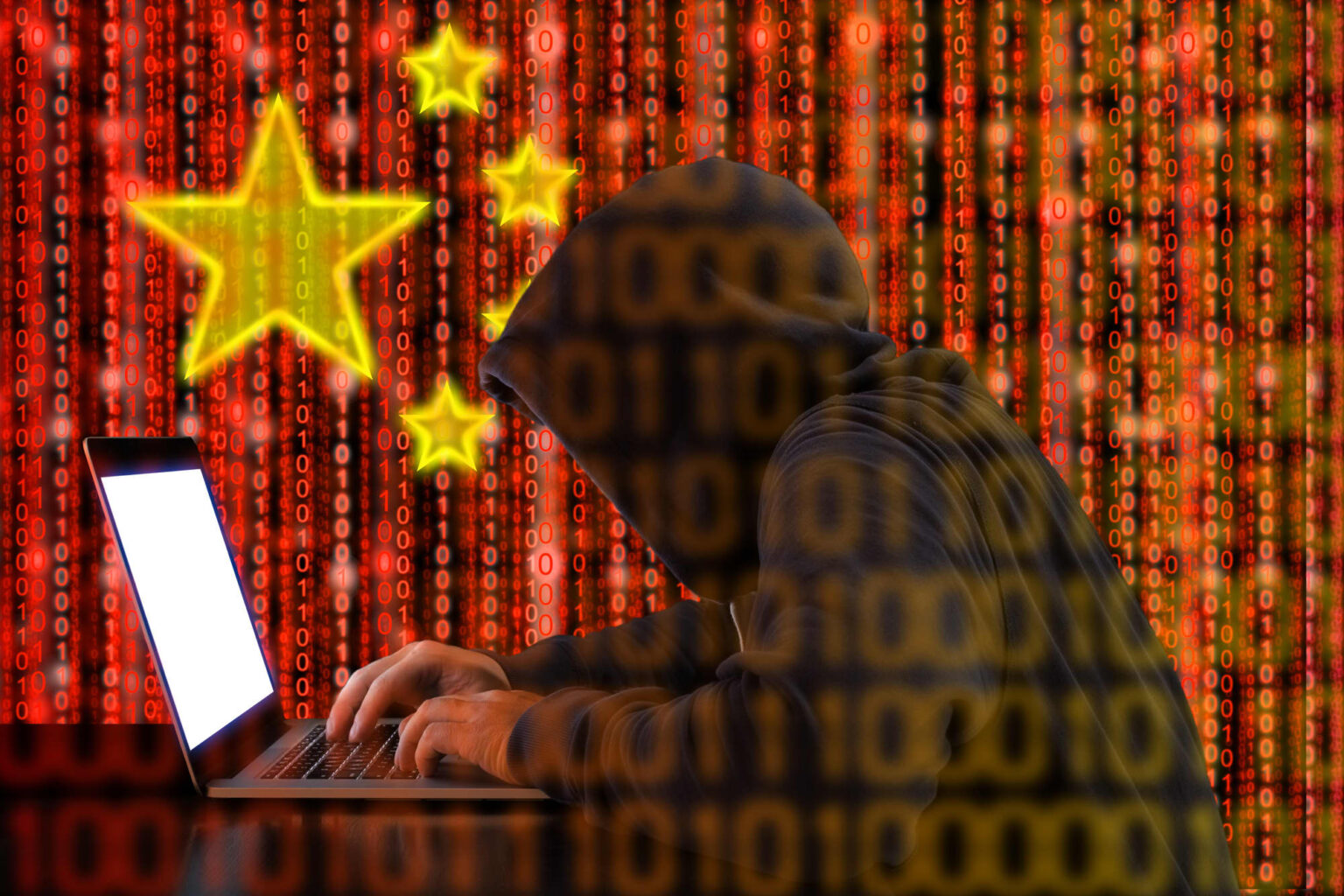Chinese hackers have been sanctioned by the US and UK after being alleged for being in cahoots with the Chinese government.
The joint announcement by the United States and the United Kingdom regarding sanctions against individuals and entities allegedly involved in cyber-attacks attributed to state backed Chinese hackers marks a significant escalation in efforts to address growing concerns about state-sponsored cyber threats.
Over several years, Chinese hackers linked to China’s government spy agency have been accused of orchestrating a sophisticated cyber-attack campaign targeting a wide range of entities, including politicians, journalists, businesses, and critical infrastructure. These attacks, characterized by their complexity and persistence, have raised alarms about the extent of China’s cyber capabilities and its willingness to deploy them for strategic purposes.
In response to the cyber-attacks by the Chinese hackers, the US government has taken decisive action by imposing sanctions on individuals and a front company associated with the cyber-espionage group APT31, reportedly affiliated with China’s Ministry of State Security. The sanctions, which target entities involved in malicious cyber operations targeting critical infrastructure sectors such as defense, aerospace, and energy, send a clear message that such behavior will not be tolerated.
Additionally, the US Department of Justice has filed charges against several Chinese hackers, including Zhao Guangzong and Ni Gaobin, accusing them of conspiracy to commit computer intrusions and wire fraud. These indictments underscore the seriousness with which the US government views state-sponsored cyber-attacks and its commitment to holding perpetrators accountable.
Additionally, the UK government has escalated its efforts by imposing sanctions on individuals associated with cyber operations aimed at the Electoral Commission and legislators who voice criticism against China. This decision underscores the UK’s commitment to defending its democratic institutions and national security concerns amidst evolving cyber challenges.
The cyber-attacks targeting the Electoral Commission have raised concerns about the integrity of democratic processes and the security of voter information. While the breach did not impact electoral outcomes, it highlighted the vulnerability of critical infrastructure to malicious cyber activity and the need for enhanced cybersecurity measures.
British cybersecurity officials have disclosed that Chinese hackers affiliated with China have conducted surveillance operations aimed at British lawmakers who are critical of Beijing. Although no parliamentary accounts were compromised, these incidents serve as a stark reminder of the continuous endeavors undertaken by state-sponsored hackers to undermine democratic institutions and manipulate political discourse, thereby highlighting the need for enhanced vigilance and cybersecurity measures.
Members of the Inter-Parliamentary Alliance on China, including former Conservative party leader Iain Duncan Smith, have reported a series of incidents involving harassment, impersonation, and attempted hacking linked to China. These disclosures have prompted renewed calls for stronger measures to counter cyber threats and uphold democratic values in the face of external interference and intimidation.
In light of the sanctions imposed by the UK government, China’s foreign affairs ministry has emphasized the critical importance of evidence-based claims and has called for enhanced cooperation to uphold peace and security in cyberspace. However, critics contend that China’s assertive behavior presents a significant and looming threat to global cybersecurity, thereby necessitating a unified and concerted response from the international community to effectively safeguard digital infrastructure and counter cyber threats.
As geopolitical tensions escalate and cyber threats continue to evolve, governments worldwide are grappling with the challenge of safeguarding their digital infrastructure and defending against state-sponsored cyber-attacks. The coordinated actions by the US and UK represent a significant step in addressing these threats and upholding democratic principles in the face of growing cyber aggression.
